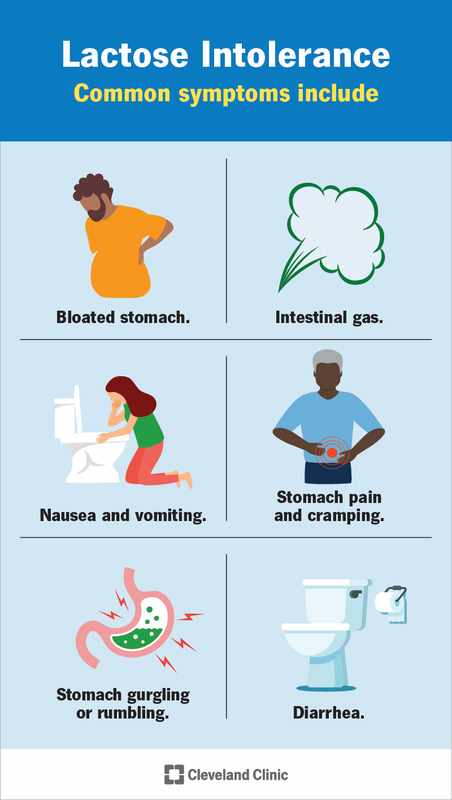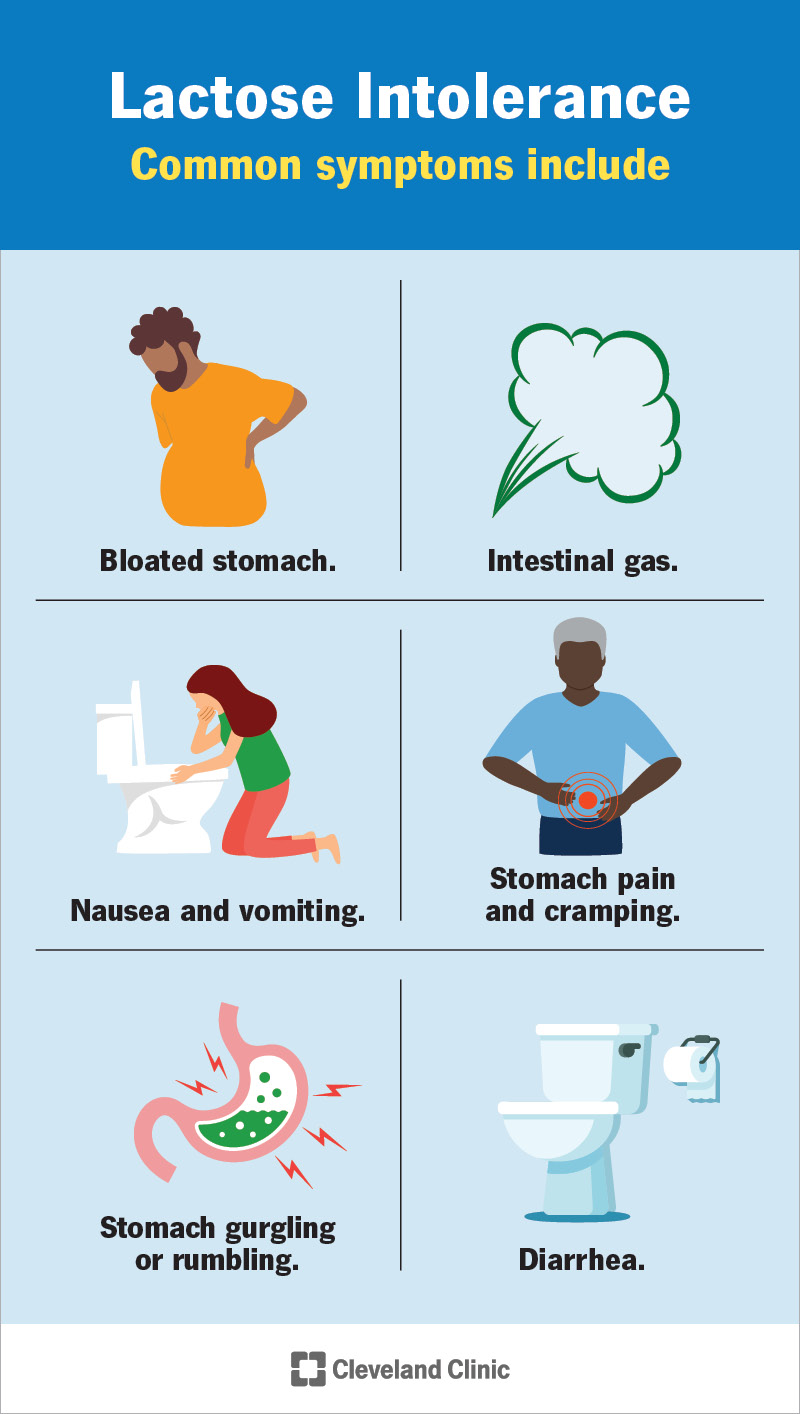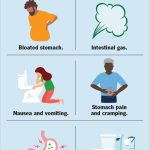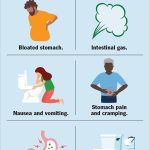The thought of giving up cheese, yogurt, and ice cream might seem like a nightmare to many of us. But for people who are developing lactose intolerance, it’s not just a matter of missing out on tasty treats – it can have serious implications for their overall health.
What is Lactose Intolerance?
Lactose intolerance is a condition where the body is unable to digest lactose, a sugar found in milk and other dairy products. This occurs when the small intestine doesn’t produce enough lactase enzyme, which breaks down lactose into easily absorbed sugars.
The Rise of Lactose Intolerance
In recent years, lactose intolerance has become increasingly common, particularly among adults of African, Asian, and Native American descent. According to the National Institute of Diabetes and Digestive and Kidney Diseases (NIDDK), approximately 65% of the global population has some degree of lactose intolerance.
Why Developing Lactose Intolerance Matters
So why should you care if you’re developing lactose intolerance? For one, it can cause uncomfortable symptoms like bloating, gas, and stomach cramps after consuming dairy products. But more seriously, undiagnosed or untreated lactose intolerance can lead to malabsorption of vital nutrients, potentially causing deficiencies in calcium, vitamin B12, and other essential vitamins and minerals.

The thought of giving up cheese, yogurt, and ice cream might seem like a nightmare to many of us. But for people who are developing lactose intolerance, it’s not just a matter of missing out on tasty treats – it can have serious implications for their overall health.
What is Lactose Intolerance?
Lactose intolerance is a condition where the body is unable to digest lactose, a sugar found in milk and other dairy products. This occurs when the small intestine doesn’t produce enough lactase enzyme, which breaks down lactose into easily absorbed sugars.
The Rise of Lactose Intolerance
In recent years, lactose intolerance has become increasingly common, particularly among adults of African, Asian, and Native American descent. According to the National Institute of Diabetes and Digestive and Kidney Diseases (NIDDK), approximately 65% of the global population has some degree of lactose intolerance.
Why Developing Lactose Intolerance Matters
So why should you care if you’re developing lactose intolerance? For one, it can cause uncomfortable symptoms like bloating, gas, and stomach cramps after consuming dairy products. But more seriously, undiagnosed or untreated lactose intolerance can lead to malabsorption of vital nutrients, potentially causing deficiencies in calcium, vitamin B12, and other essential vitamins and minerals.
Furthermore, lactose intolerance can also increase the risk of developing other health issues, such as osteoporosis, anemia, and even certain types of cancer. For example, a study published by the Journal of Clinical Gastroenterology found that individuals with lactose intolerance were more likely to develop colon cancer than those who could digest lactose normally.
Another important consideration is that lactose intolerance can also have significant social and emotional impacts. For many people, dairy products are an integral part of their diet and cultural traditions. Giving up these foods can be a difficult and isolating experience, particularly if individuals don’t have access to alternative sources of nutrition or support.
As the prevalence of lactose intolerance continues to rise, it’s essential that we understand its causes, symptoms, and implications for our overall health. By recognizing the signs of lactose intolerance and seeking medical attention if necessary, we can take control of our health and make informed choices about our diet and lifestyle.
Consult a Medical Professional
Get expert advice on managing lactose intolerance and related health concerns.
Start chatIn our previous posts, we’ve explored the concept of lactose intolerance and its increasing prevalence among adults. In this conclusion, let’s summarize the key points covered so far:
Lactose intolerance is a condition where the body can’t digest lactose, a sugar found in milk and other dairy products. The small intestine doesn’t produce enough lactase enzyme to break down lactose into easily absorbed sugars.
We’ve also discussed how lactose intolerance has become more common among adults of African, Asian, and Native American descent, with approximately 65% of the global population affected.
But why should you care if you’re developing lactose intolerance? It’s not just about missing out on your favorite dairy treats. Undiagnosed or untreated lactose intolerance can cause uncomfortable symptoms like bloating, gas, and stomach cramps, as well as lead to malabsorption of vital nutrients.
So what can you do if you’re developing lactose intolerance? Start by talking to a healthcare professional about your symptoms and concerns. They may recommend a lactose tolerance test or suggest alternative treatments, such as lactase enzyme supplements or a dairy-free diet.
The takeaway is clear: if you’re experiencing symptoms of lactose intolerance, it’s essential to address them early on to prevent more serious health consequences. By being proactive about your lactose tolerance, you can take control of your digestive health and enjoy a happier, healthier you – without sacrificing the dairy delights you love!




